Howard Zinn said that it is not possible to be neutral on a moving train. Archaeologists agree that there is no such a thing as a politically neutral archaeology, or an objective archaeology. All narratives depend on viewpoints and since the late 20th century archaeology is changing into a more cosmopolitan and inclusive discipline.
While middle classes shrink in many western democracies, they are growing in other parts of the planet, enlarging the public that consumes cultural products and that is interested in exploring what can be known about the past that might help them better understand the present.
The last half century in the west was marked by a resurgence of ideologies of inequality that defend the erosion of the democratic state and propose to replace it with a small and cheap bureaucracy, tasked with facilitating international commerce. In this context the roles of culture and knowledge that cannot be monetized in the short term have been despised, together with the western humanistic ideals.
More than ever, the social value of archaeology is a central concern of archaeology, which in many countries faces a marked lack of investment, together with free museums, public orchestras, tax funded scientific production, public gardens, national parks, or environmental protection agencies.
The misery and exploitation imposed on the poorer classes, and the destruction of the environment associated with laissez faire economics have encouraged archaeologists – and perhaps especially maritime archaeologists – to take a look at the landscapes and artifacts produced by European societies in the turns of the last three centuries: the Industrial Revolution of the 1780s, with the development of steam navigation, the European colonial expansion in the 1880s, and the fall of the Soviet Empire in the 1980s were periods of deregulated capitalism, empowerment of small wealthy classes, and erosion of state power.
These three periods brought about the importance of philosophy and especially Humanism. So here the relevance of the humanist emerges, the people who reflect on the daily life and the problems of the social world. Those who decide to act to transform it. And in such periods the role of scientists and intellectuals becomes clearer, the tools and means they possess allow them to think of the world from a different perspective, even though often from comfortable positions. It is here that Noam Chomsky’s words apply, when he points out that “Intellectuals are typically privileged; privilege yields opportunity, and opportunity confers responsibilities. An individual then has choices.” And this choice turns out to be fundamental for archaeologists. We must ask ourselves whether we have a responsibility to the world around us?
Those parallels observed in different periods and currently repeated, against different technological backgrounds, but with more than similar principles (although on a larger scale), are a clear call to what archeology can contribute to the world.
With this perspective, archeology can, and perhaps should, deconstruct many of the ideas that we have historically given as certain, as absolute truths. Thoughts that are firmly established in the minds of most people and that scientists and intellectuals must subject to meticulous questioning.
The wide temporal scale of reflection that archaeologists typically possess when analyzing social change call for the generating transformative discourses addressing the conditions under which the most vulnerable inhabit.
People who have historically been affected by principles that still guide modern societies, based on power, greed, alienation, and selfishness should deserve our attention. Perhaps by studying inequality we can promote visions of society governed by respect, sympathy, solidarity, and compassion.
Even though this approach may sound naive, it is important to remember that naïve approaches drove the most important changes in the history of humanity, the ones that pointed towards social justice. They were all adopted gradually, but they arrived never to leave.
One of the first tasks that we must set ourselves as archaeologists is the deconstruction of ourselves as researchers, scientists, intellectuals, and humanists. Rethinking what our discipline, focused on our specific case towards the study of the historical relationship of human beings with bodies of water, can do for the world and those who inhabit it.
Surely the first step is social criticism, which is achieved when we guarantee that our past is not forgotten, since any event of the present has deep roots in the past. It is there where memory is born, a collective memory.
In our view, archeology has a tremendous job in preventing amnesia, not only about events of millennia ago, but also about recent ones. Hence the importance of a deep analysis of the 20th century and its direct influence on the present.
Without a clear reflection on the role of archeology in the world, perhaps it would not be fair to expect it to be practiced only to satisfy our curiosity about the ancient. Our field of study (a maritime, underwater, and/or nautical archeology) must aim towards the same objectives as the other social sciences: to change the complex world in which we live.
